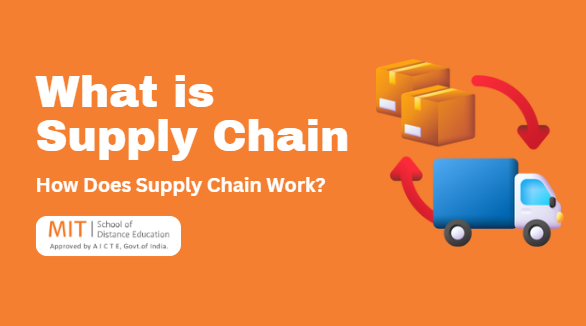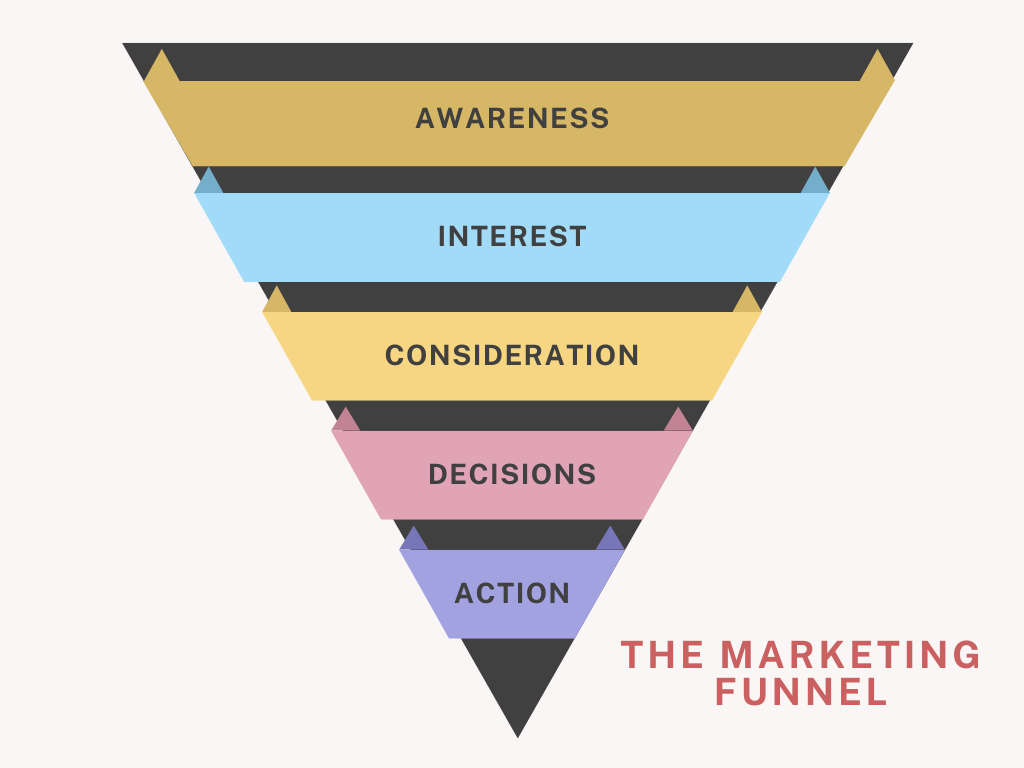Have you seen the movie Rocket Singh Salesman of the Year? If not, then to explain the plot, in short, Rocket Singh is a salesman by morning and moonlighting as an entrepreneur of an after-sales service agency by night.
He observes a gap in the company in which the salesperson or sales department fails to provide adequate or satisfactory aftersales service, which leads to bad-mouthing, low retention, customer dissatisfaction, and thereby reduced profitability.
Hence he decides to start a company of his own that provides customer support, product servicing and any other assistance required pertaining to the product. The lesson from this movie was that customer relationship is a crucial factor when it comes to the success of any company. Taking care of customers after the sales is as important as the sales itself.
Customer satisfaction and quality after-sales service go a long way in building the reputation of the company and adding to its year-on-year revenue.
What is aftersales service?
It refers to the assistance provided by the company in terms of training customers with
- Product usage
- Product servicing & maintenance
- Collecting customer feedback
- Upgrades
- Renewing insurance
- Regular follow-up to assess customer satisfaction.
The importance of such services goes far beyond monetary gains. Consumer experience is essential for retaining customers, customer satisfaction, and loyalty.
Good after-sales services enhance the brand image and brand loyalty. It also wins the trust of the customers and encourages good word-of-mouth publicity.
Techniques or after-sale service strategies –
- Guarantee & warranty – In the case of consumer durables such as laptops, smart watches, mobile phones, TV, AC, fridge, microwave, and other electronic goods repairs, replacement or return policies are crucial factors for consumers to arrive at a purchase decision. Customers at times are willing to pay extra for an extended warranty for the spare parts. Leveraging this need to attract and retain more customers, companies should focus on packaging the guarantee & warranty into lucrative offers.
- Helpdesk – Post-purchase, consumers may be unaware of the product’s various functionalities. Hence assisting them with product usage, giving information about various features and resolving any other queries related to the product or service through a 24×7 helpdesk creates a positive experience.
- Installation & demo – At the time of installation or delivery, a detailed demonstration and free installation of the product elevate the customer experience and creates a positive impact on the minds of consumers.
- Loyalty points – Another tactic for elevating customer satisfaction is by giving them loyal benefits. This can include a loyalty gift card, loyalty points, cashback or discount on the next purchase. This makes the customers feel included, prized and appreciated.
- Easy returns – Reverse logistics is defined as that part of supply chain management that focuses on the movement of goods from the customers to the seller i.e. returns and exchanges.
It is crucial from the organization’s point of view because it becomes a critical touchpoint for customer satisfaction. A prompt, efficient and hassle-free return policy elevates customer satisfaction.
- Feedback – From time and again regular customer feedback regarding the product or service and their satisfaction is the key to building a rapport with the customer and to customer engagement. This not only keeps the communication intact but also helps companies to understand the strengths and weaknesses of their product or service and improve upon it.
Marketing and sales activities alone do not ensure customer satisfaction and loyalty, rather it is the after-sales service that deliberates upon it.
Understanding the importance of after-sales service is rudimentary for any marketing manager. Hence a deep understanding of the customer psyche for brand loyalty and positioning forms the foundation of a good after-sales service strategy.
MIT School of Distance Education (MITSDE) is one such institute that understands the current skills gap in the market and strives hard to reduce it.
For this purpose, MITSDE brings to you PG Diploma in Marketing Management (PGDM Marketing Management).
This course covers the basics & the latest concepts in marketing gives hands-on training on the latest tools and teaches you to create a brand, analyse market trends, and design marketing campaigns.


